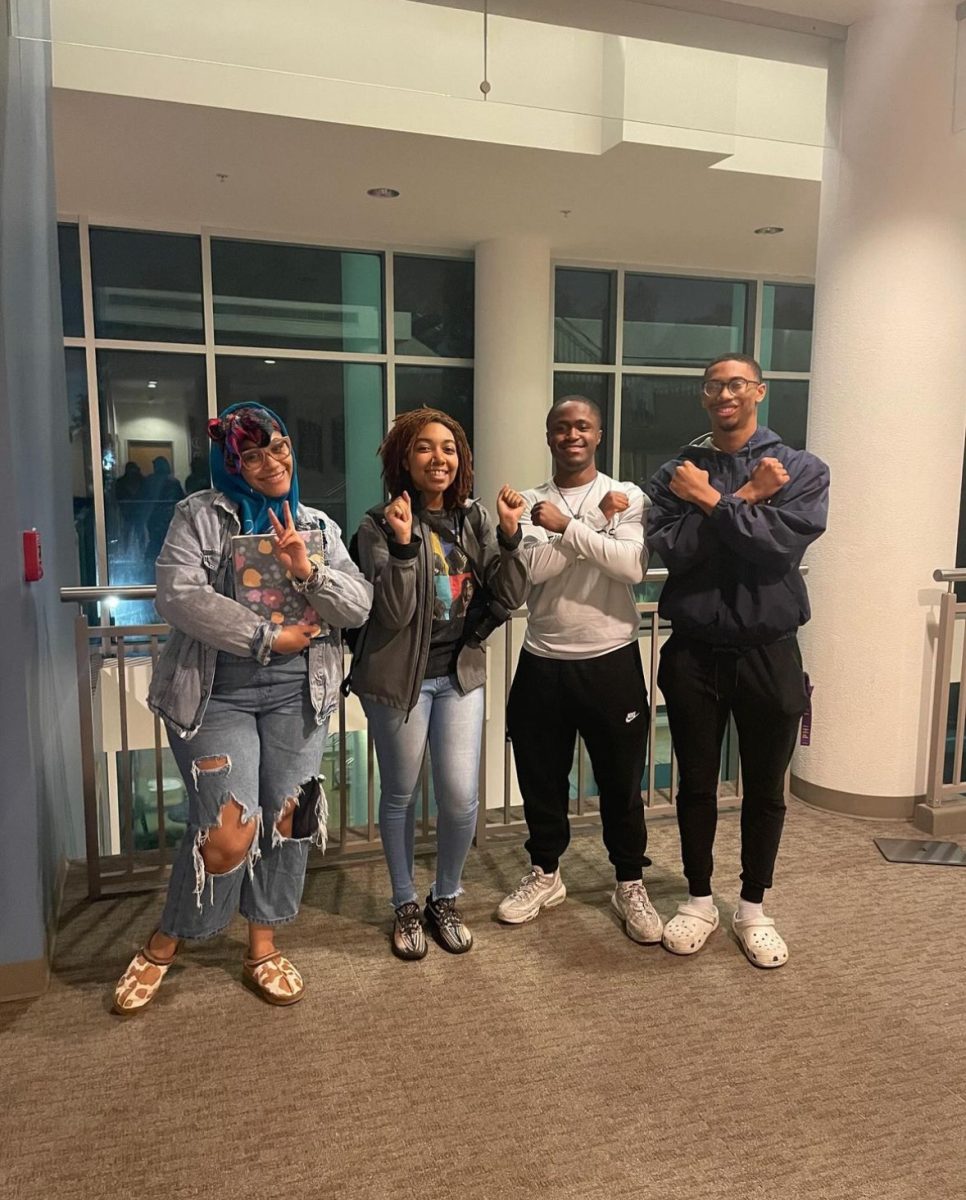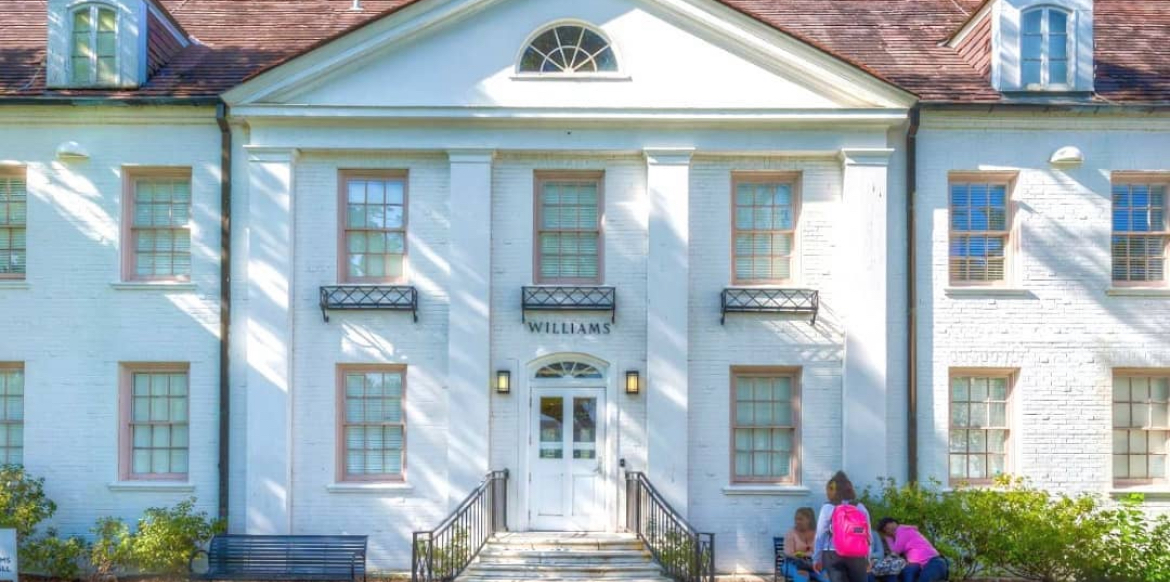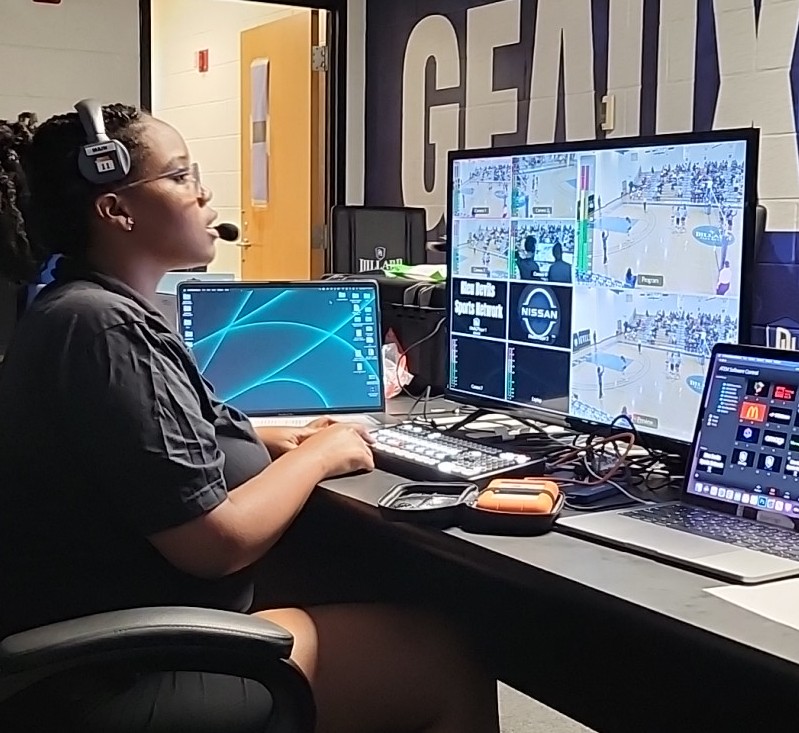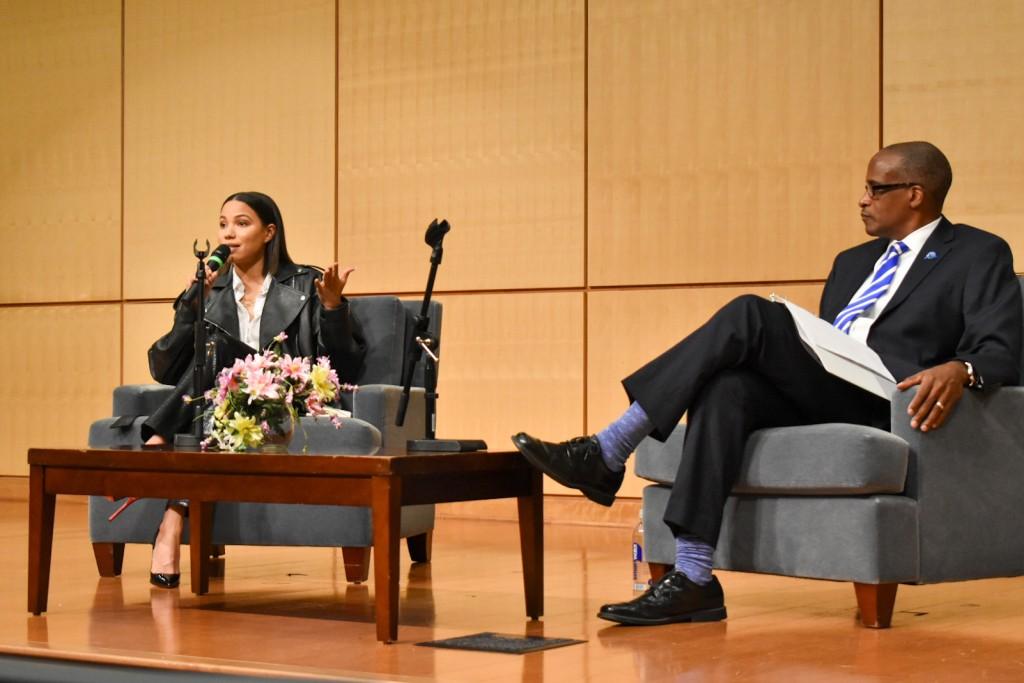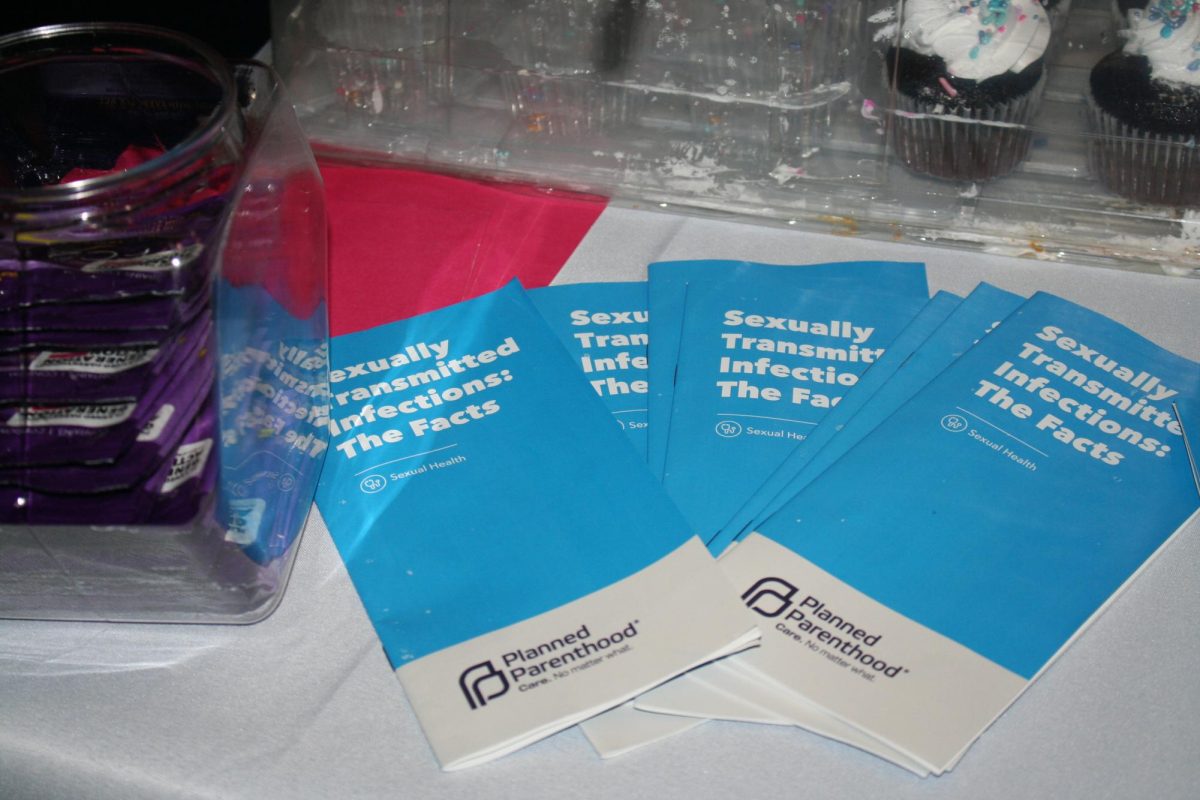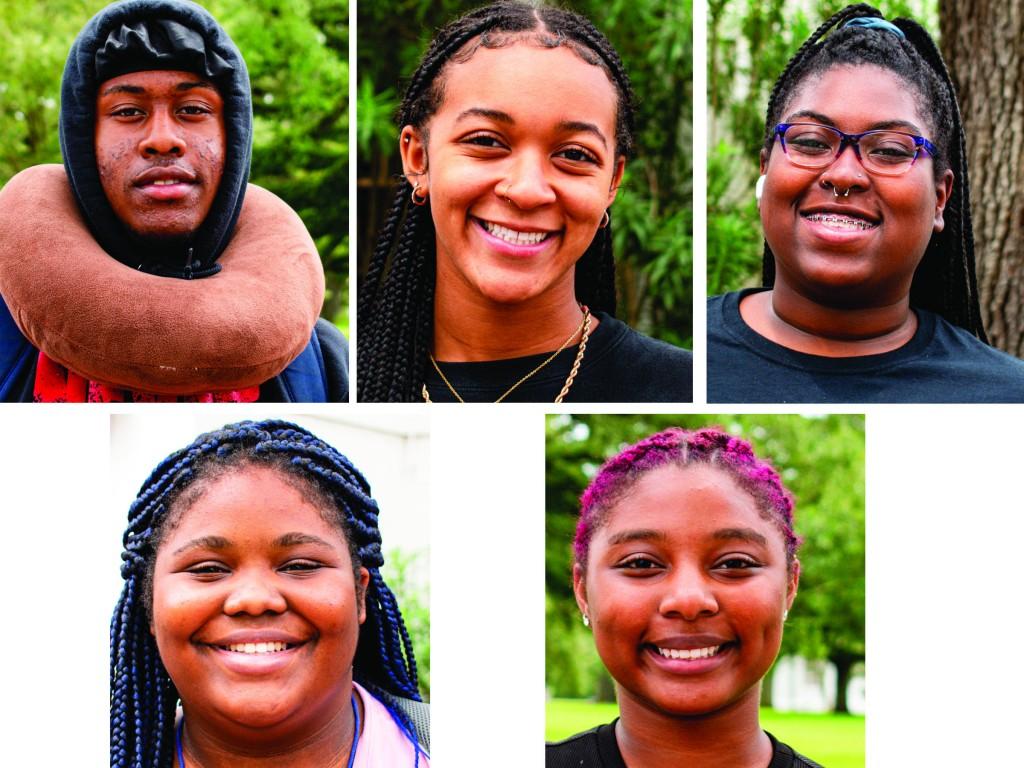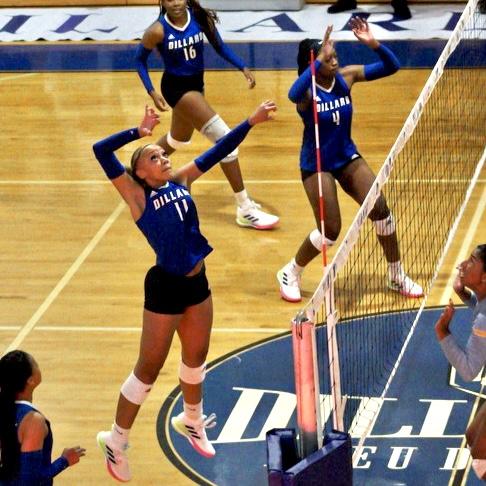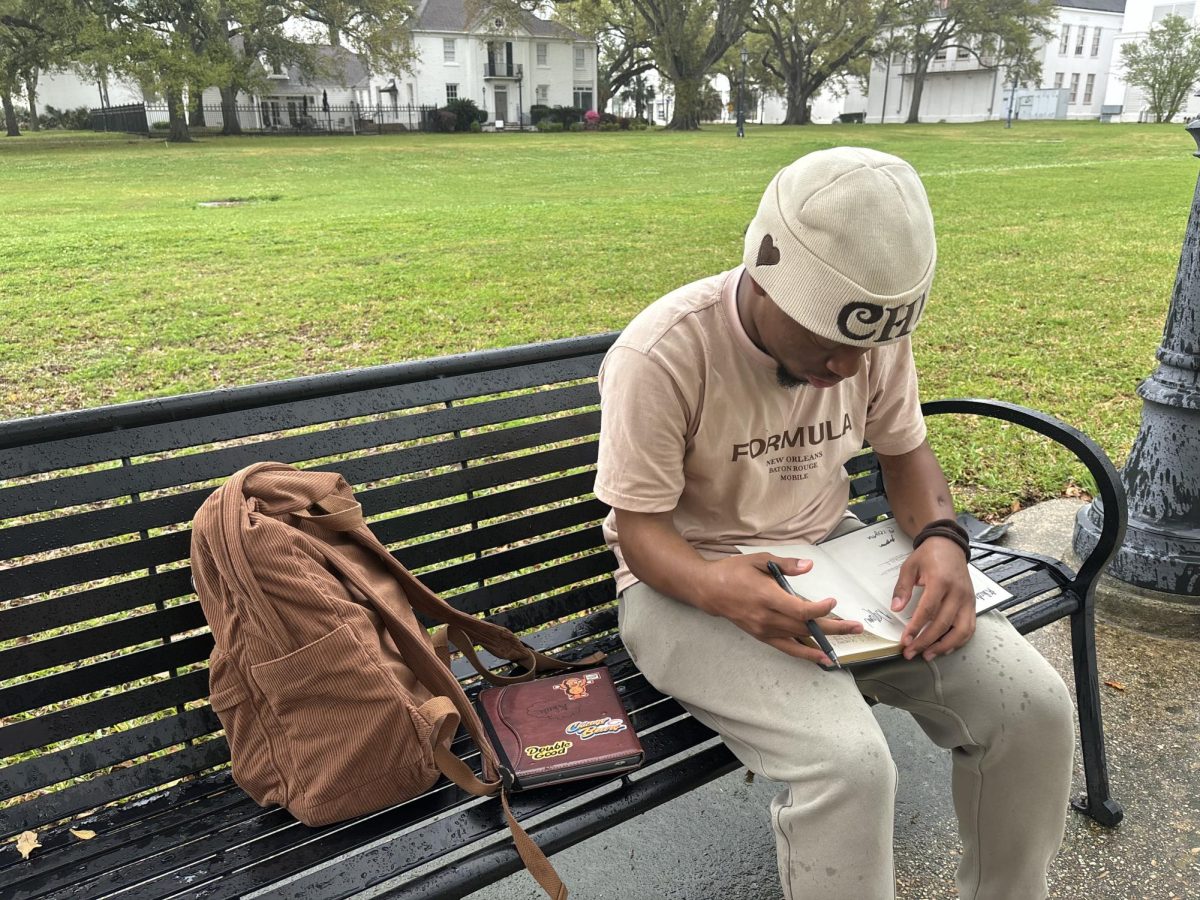
NEW ORLEANS (November 15, 2021) – 2020 was the hottest year ever, and atmospheric dioxide levels are the highest they have been in at least 3.5 million years, according to the United Nations Children Fund.
Frequent flooding, storms, wildfires and excessive heat waves all have occurred in recent years. More than 58,000 wildfires occurred in 2020 and more than 47,000 wildfires have occurred in 2021, according to data gathered by the Insurance Information Institute.
A report by the Intergovernmental Panel on Climate Change indicates faster rates of global warming than earlier predictions. Ice sheets are melting at a rapid pace and will continue to do so if humans don’t act soon.
Climate scientists have predicted that avoiding disaster will require a massive reduction in carbon emissions by the year 2030: That’s NINE YEARS from now, right about the time many of us will be settling into our careers and raising young families.
Andrew Krosofsky (greenmatters.com) said while more countries are adopting renewable technologies that take energy from solar, wind or geothermal sources, the world still has too many places that are dependent on deforestation and animal agriculture. He said that doesn’t leave much wiggle room to meet the deadline.
We need to think about the impact of climate change because our generation has the most to lose. And we can start by asking ourselves what we can do at home and on campus.
The university already has made some positive changes. For example, Shaun Lewis, director of facilities management, pointed to two important actions.
Lewis said Dillard University switched from r22a refrigerant, commonly known as Freon, to a non-aerosol refrigerant in our air conditioning. R22 is a powerful greenhouse gas that tends to warm the climate; studies have shown that it aids in ozone depletion in the atmosphere.
He said Dillard also now collects stormwater with grass instead of letting all of it run into New Orleans’ decaying drainage infrastructure. Those dips or uneven places you see in the grass around The Oaks are called swales, which are shallow, broad and vegetated channels to store and convey water runoff. They were built in recent years to clear the sidewalks of water more quickly and to prevent overloading area drainage with runoff.
At one point, Dillard also had a recycling program, but Lewis said recycling is not taking place on Dillard’s campus. Lewis said students didn’t use the recycling bins and staff had to shuffle through trash cans to collect items.
He said the campus needs to draft a proposal detailing the volume of glass, paper and plastic trash on campus in order to partner with a recycling company. That sounds like a worthy campaign for the Student Government Association to support.
Scientists have spoken on the issue of climate change and provided insight on the ever-growing issue. Collin O’Mara, National Wildlife Federation president and CEO was quoted as saying, “We are living through exactly what the climate models predicted.”
O’Mara said more investment in zero-emission products is required to combat climate change. O’Mara also pointed out that communities across the country need to bolster their resilience towards climate change. Communities can do research on the affects of climate change and find ways to be a part of the solution.
The severity of climate change is evident. Senior climate scientist Kristina Dahl said, “Climate change is here, and it’s dangerous, and there is a gap between what scientists have said about the issue and the actions taken by policymakers.’’
Children are at risk because of climate change and catastrophic affects have resulted from climate change. The United Nations Children Fund says climate change is threating children’s health, nutrition, education and development.
Consequences will arise if people don’t act. Sea levels will continue to rise. In Louisiana, more floods will occur, and sea life will be affected. Multiple hurricanes and tropical storms have hit Louisiana, showing the growing effect of damaging our planet. Health will be affected because of pollution and water quality. Crops will struggle to produce healthy food, according to the Climate and Clean Air Coalition.
Longer and more frequent power outages are also consequences of a changing climate. In 2020, the average American home endured more than eight hours without power according to the U.S. Energy Information Administration. Old electrical systems are suffering from severe weather conditions.
Climate change is a significant issue, and we need to focus our attention on saving our world. As a campus, let’s push for renewing the recycling program on campus and then USING the bins when provided.
And as individuals, we can speak on the issue and elect politicians who care about climate change. We can use renewable energy, limit water usage, invest in energy-sufficient appliances and drive cars that don’t pollute the environment. Let’s make the next nine years really count.
(This editorial was written by Editor-in-Chief Jorden Hampton on behalf of the Courtbouillon staff.)

